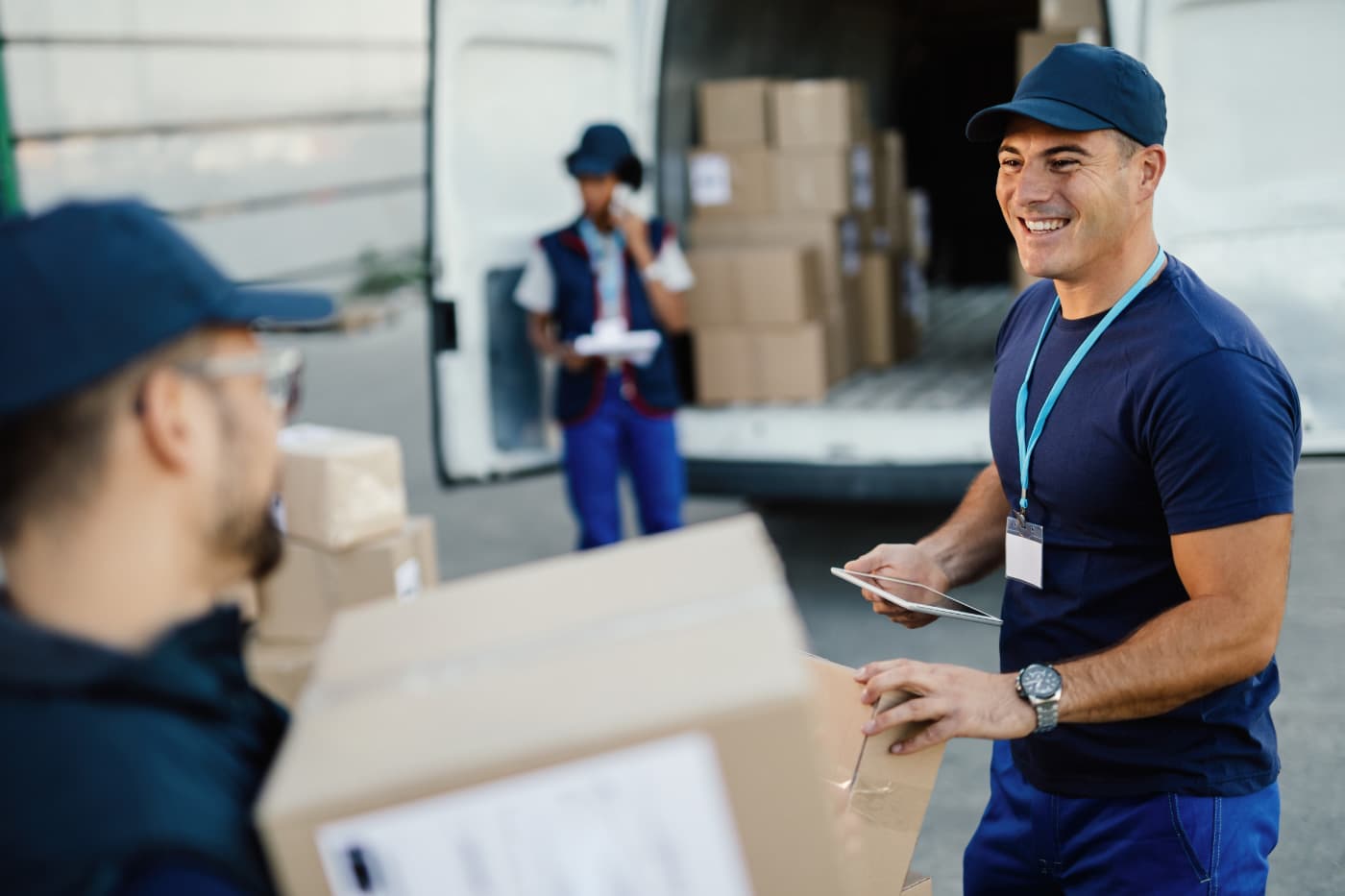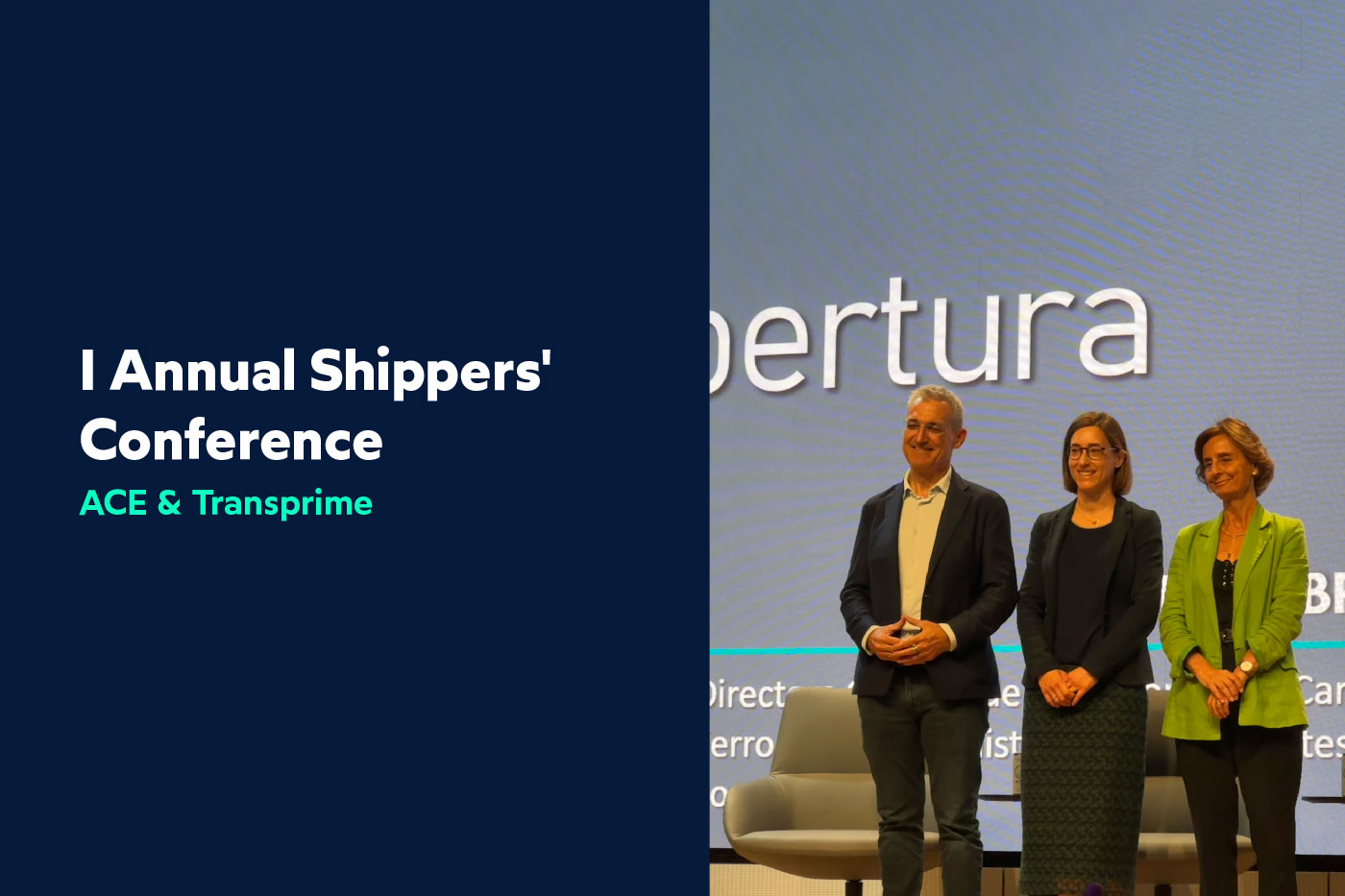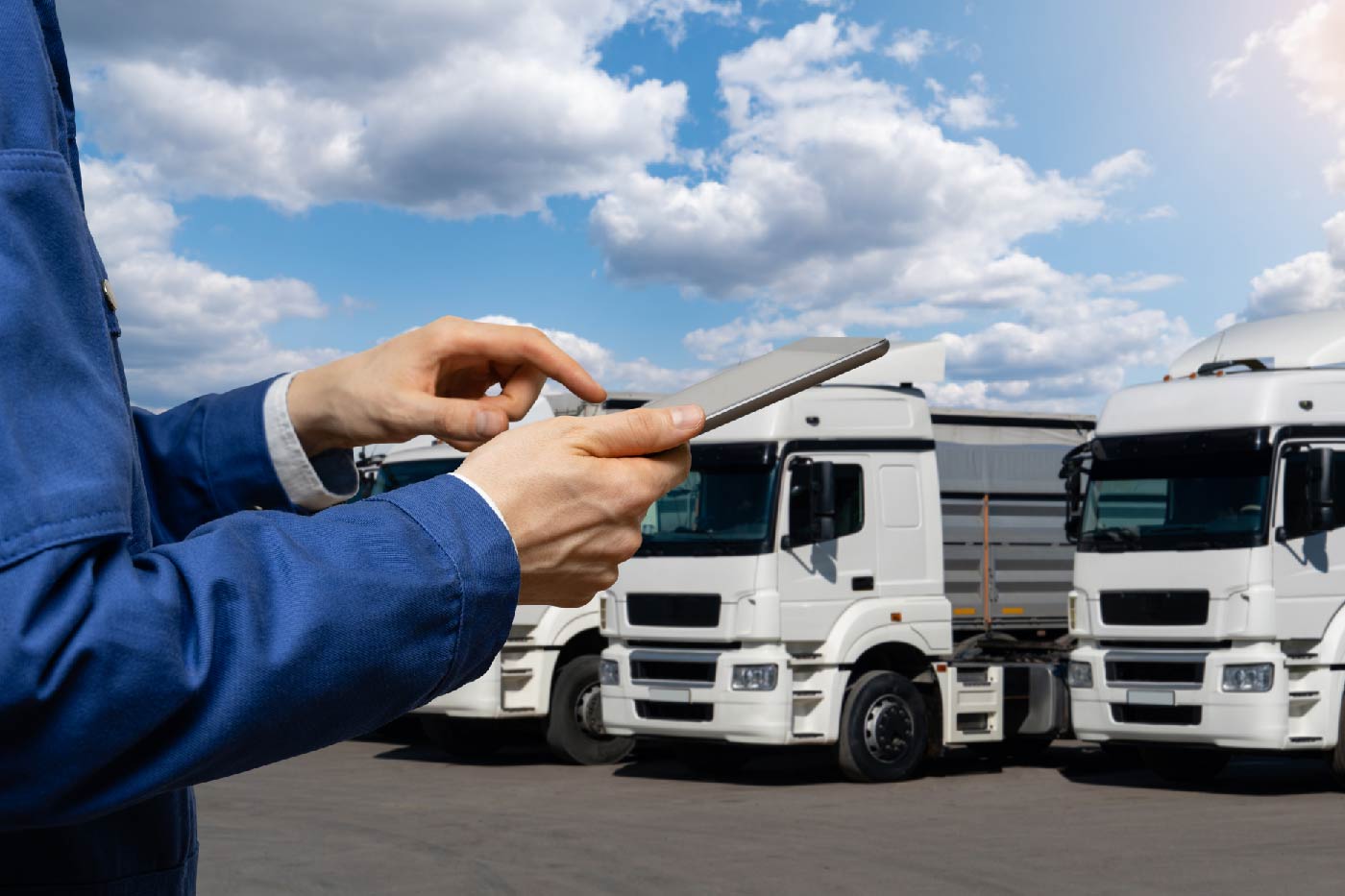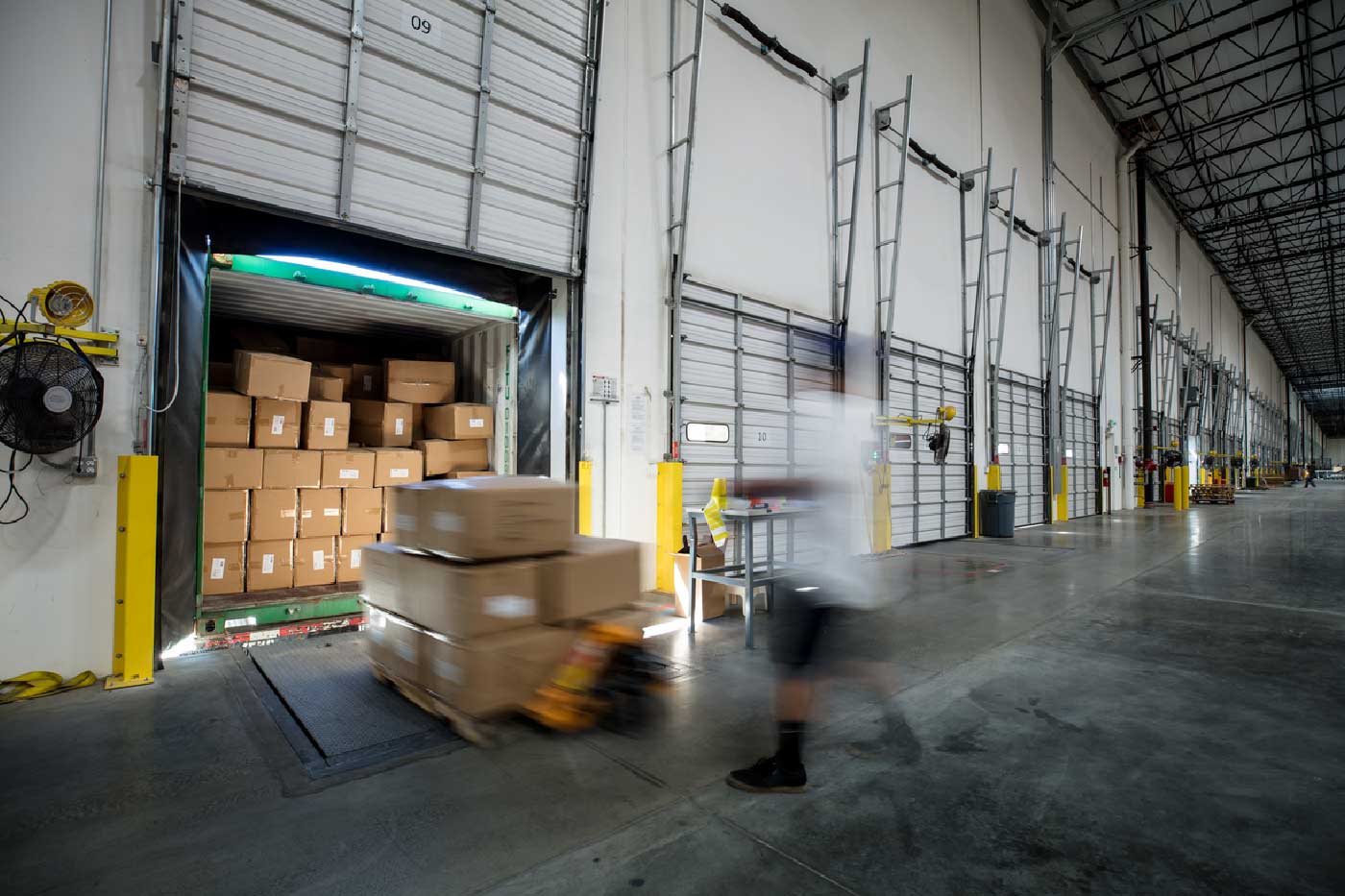Many things are changing with the healthcare crisis. So much so that, although everyone thinks that nothing will ever be the same again, few are in a position to know where we will be heading in the coming months.
This framework of uncertainty is reflected in economic activities which, under these circumstances, are seeking to evolve to adapt to a new situation characterized by increased health precautions at all levels and a convulsive economic outlook.
In general terms, the disease that has shaken the world since the end of last year will provide a definitive boost for e-commerce and for digital transformation in different economic areas, which in turn will entail important social changes, with effects on leisure and mobility, among others.
The supply chain is of course trying to adapt to a whole series of changes that are being articulated from the evolution of consumer behavior with the advent of social containment measures and increased sanitary measures.
As far as this area is concerned, many experts believe that, a priori and in the short term, logistics management will now focus on finding more resilient and digitized chains.
Logistics management will now focus on finding more resilient and digitized chains.

Risk management in the midst of uncertainty
A recent report by La Caixa, entitled ‘How covid-19 will change the way we produce’, argues that, as a result of the health crisis unleashed by covid-19, the new global value chains will be shorter, although, at the same time, they will also focus on having multiple alternatives that allow them to guarantee the supply of goods in the event of any crisis, with a greater emphasis on risk management.
For this reason, more and more experts anticipate that risk management will become a key element in ensuring that supply chains are free of covid-19, as well as any other pathogen, as future pandemic events are likely to recur.
In addition, according to multiple analysts, companies in the sector are aware that limited resilience in today’s high-risk environment increases the vulnerability of supply chains, which in turn puts pressure to increase investments to cover these security holes.
Having redundant and secure supplies, shielded against any possible threat and meeting increasing health and hygiene requirements, will undoubtedly imply a greater management effort that will have to be met with a more intensive use of information technologies.
In this environment, comprehensive traceability management will enable the dual objective of managing the increased complexity of the logistics chain more smoothly and coping with the expected growth in controls to be met.
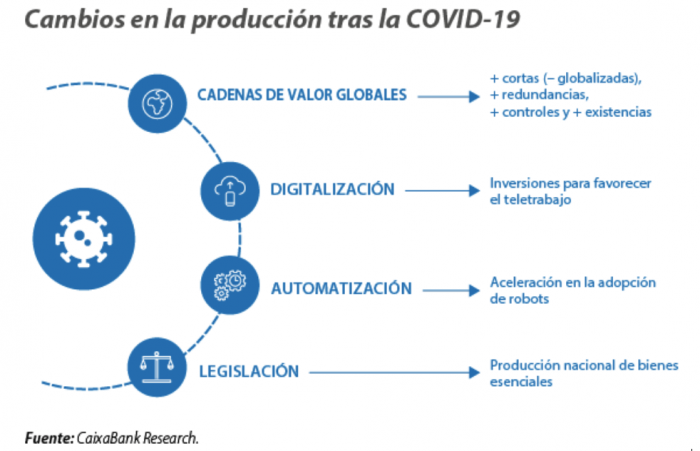
In the same vein, a recent study published by Accenture under the title ‘Repurpose your supply chain’ highlights that covid-19 will be a turning point for companies to think about securing their supply chains in all their links, whether they are made up of large or small companies, in order to avoid any breakage, both from an operational and financial point of view.
The paper also insists that the new situation requires a deeper understanding of the known and unknown risks to the supply chain, through predictive platforms and real-time analytics that allow corrective action to be taken quickly and with appropriate indicators.
To meet these objectives, there are tools such as FIELDEAS Track and TraceThis is particularly relevant in times of crisis and radical changes such as the current ones, as it allows a comprehensive and integrated management of any incident, which facilitates decision making to adopt corrective measures in real time, thanks to its ability to adapt to the needs of any client.
Changes in inventory management
Likewise, in terms of logistics operations, the impact of the crisis will probably lead to an increase in investment in inventories. In this sense, companies will try to find the right balance between the appropriate stock level and the financial commitment of tying up an adequate volume of goods to meet unforeseen events.
This trend will also require a more intensive use of communication technologies to ensure traceability of goods, not only at all stages of transport, but also in warehouses and logistics facilities in an integrated manner, so that complete visibility of the entire supply chain can be obtained with agility and certainty.
Precisely at this point, FIELDEAS Track and Trace provides crucial information on travel times and delivery times in order to play with stock, a key element of logistics management in the aftermath of the pandemic.
In short, the boost to digitization in the logistics chain will come from two sources. On the one hand, it is foreseeable that, as technology evolves and becomes cheaper, there will be a boost in automation and robotization processes.
With them, many companies will try to ensure that their critical logistics activities, such as warehouse management or order picking at the points closest to the final recipient, work in any case and under any circumstances that may arise, while avoiding having to dedicate personnel to tasks that provide less value.
On the other hand, digitization in the supply chain will also imply a modernization of the exchanges of the documentation that travels with the goods along all the links.
In this area, the technology blockchain is set to play an important role in guaranteeing the integrity and veracity of documentation, while, once again, the traceability will play a fundamental role not only from a tactical point of view, but also from a strategic and prospective perspective, in order to anticipate new scenarios.
Monitoring all the steps taken by any goods along the supply chain and the traces they leave behind makes it possible to adapt processes, optimize operations and generate cost savings, because in a scenario as uncertain as the current one, the supply chain must continue to play an important role in creating value and generating the competitive advantage of being in a position to reach the market, regardless of the risks.

